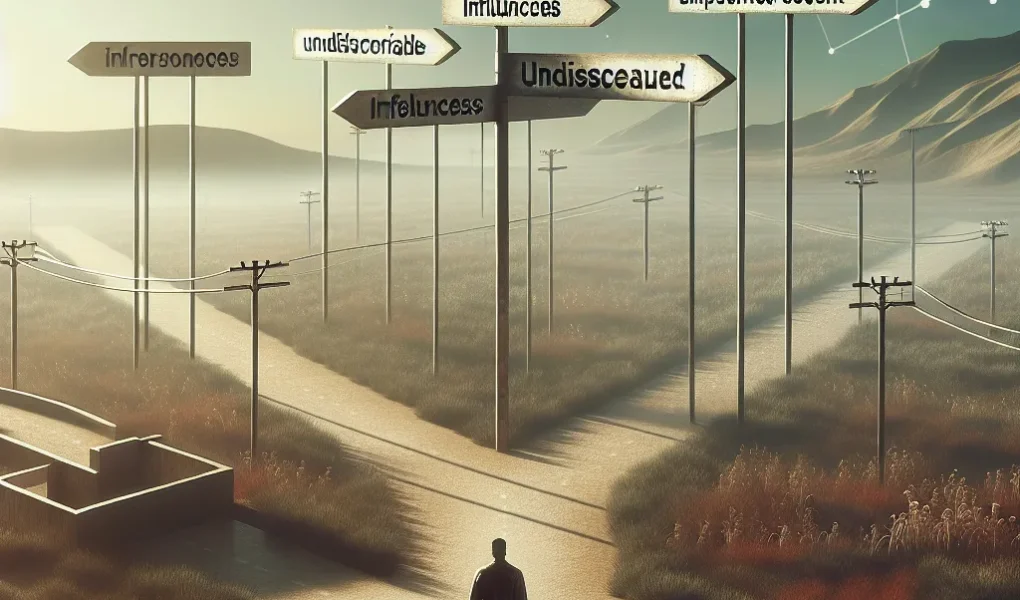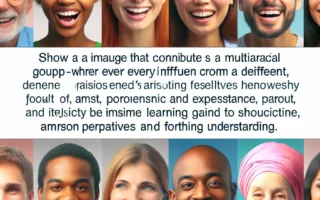How Personal Experiences Shape Our Decision-Making Process
Understanding how personal experiences shape our decision-making process is crucial in comprehending the complexities of human behavior. Our past experiences, both positive and negative, play a significant role in influencing the choices we make in various aspects of our lives. Whether it’s choosing a career path, making financial decisions, or even selecting a vacation destination, our past experiences subconsciously impact our decision-making.
Psychological studies have shown that our past experiences create a framework through which we perceive the world and assess potential outcomes. For instance, individuals who have had positive experiences with risk-taking may be more inclined to make bold decisions in their personal or professional lives. On the other hand, those who have encountered negative outcomes in the past may exhibit a more cautious approach when faced with similar choices.
Moreover, personal experiences can also shape our risk tolerance and aversion. People who have undergone traumatic events may develop a heightened sensitivity to potential risks, leading them to avoid situations that others perceive as relatively safe. Understanding these intricacies is vital, especially in fields such as finance and marketing, where decision-making heavily influences market trends and consumer behavior.
In essence, our personal experiences serve as a lens through which we perceive and analyze the world, ultimately guiding our decision-making processes. Recognizing the profound impact of personal experiences on decision-making can assist individuals, organizations, and policymakers in creating strategies that resonate with the underlying factors that influence human choices.
The Impact of Personal Biases on Decision-Making
When it comes to decision-making, personal biases play a significant role in influencing the choices we make. These biases are shaped by our individual experiences, upbringing, cultural background, and beliefs, and they can have a powerful impact on the way we perceive information and make decisions. Understanding the impact of personal biases on decision-making is crucial in both personal and professional contexts.
Personal biases can lead to distorted judgment and decision-making, as individuals may unknowingly favor information that aligns with their own beliefs or experiences while dismissing contradictory evidence. This confirmation bias can hinder the ability to consider alternative perspectives and lead to suboptimal decisions.
Moreover, the availability bias, which is the tendency to rely on readily available information when making decisions, can also be influenced by personal experiences. Individuals may give more weight to information that is easily accessible to them, such as personal anecdotes or memorable events, rather than considering a more comprehensive range of data.
Recognizing the influence of personal biases on decision-making is crucial for minimizing their negative impact. By actively seeking out diverse perspectives, engaging in open dialogue, and being aware of the potential impact of personal experiences, individuals can work towards making more balanced and informed decisions.
In conclusion, the impact of personal biases on decision-making is a complex and significant aspect of human behavior. By acknowledging and addressing these biases, individuals can strive to make decisions that are more inclusive, objective, and ultimately, more effective.
The Role of Emotional Intelligence in Decision-Making
When it comes to decision-making, personal experiences play a crucial role in shaping our choices. However, the impact of personal experience is intricately linked to emotional intelligence, as the ability to recognize and manage emotions can significantly influence the decision-making process. Emotional intelligence, comprising self-awareness, self-regulation, empathy, and social skills, empowers individuals to navigate through their personal experiences and make well-informed decisions.
Individuals with high emotional intelligence are adept at understanding their own emotions and the emotions of others, enabling them to approach decision-making with a deeper level of insight. They can effectively assess the emotional implications of their choices and anticipate the impact on themselves and those around them. This heightened awareness allows them to make decisions that are not solely based on personal experiences, but are also considerate of the emotions involved.
Furthermore, emotional intelligence equips individuals with the ability to regulate their emotions, preventing impulsive decision-making driven solely by personal experiences. By managing their emotions, individuals can approach decision-making with a clear and rational mind, mitigating the potential negative influence of past experiences. Additionally, the capacity for empathy and understanding of others’ emotions enables individuals to make decisions that are sensitive to the needs and feelings of those affected by the choices made.
In essence, while personal experiences undeniably shape decision-making, the role of emotional intelligence is pivotal in ensuring that decisions are not merely a product of past experiences, but a thoughtful and empathetic process that considers the emotions involved. As individuals continue to refine their emotional intelligence, they can leverage their personal experiences to make decisions that are not only beneficial for themselves but also for the well-being of others.



